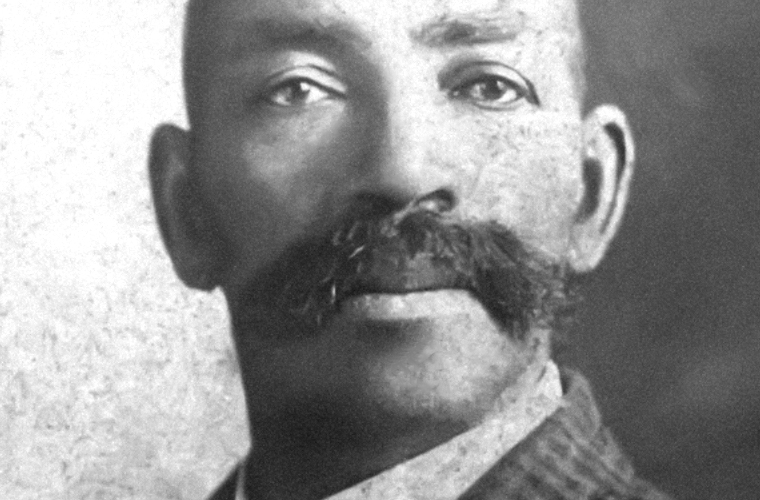Bass Reeves, (born 1838, Crawford County, Arkansas, U.S.—died January 12, 1910, Muskogee, Oklahoma, U.S.), American lawman who was one of the first deputy U.S. marshals of African descent in the American West.
Born a slave in Arkansas, Reeves grew up in Grayson County, Texas, following the relocation of his owner, William S. Reeves. Reports regarding Reeves’s activities and whereabouts during the American Civil War are ultimately unclear. He claimed to have served in the Battles of Pea Ridge (March 1862), Chickamauga (September 1863), and Missionary Ridge (November 1863) under William S. Reeves’s son, Col. George Reeves, for the Confederacy. Reeves’s family members, however, claimed that at some time between 1861 and 1862 he attacked his owner following an argument during a card game and escaped to the Indian Territory, to what is now Kansas and Oklahoma. It is considered unlikely that Reeves actually served at Chickamauga and Missionary Ridge, though it is possible that he escaped later in 1862 following his service at Pea Ridge. Following the war, he worked as a guide for U.S. government officials interested in traveling through the Indian Territory.
In 1875 he was commissioned to be a deputy U.S. marshal by Federal Judge Isaac Parker of the Western District of Arkansas, remembered as the “hanging judge” for the high number of convictions of crimes punishable by death in his court. Reeves was responsible for apprehending criminals in a 75,000-square-mile (194,000-square-km) region of what is now mostly Oklahoma and Arkansas. Well known for his valor, Reeves killed 14 outlaws and apprehended more than 3,000 throughout his tenure (including his own son), according to contemporary reports. Upon retirement in 1907, he became a city police officer in Muskogee, Oklahoma. While there is no definitive proof of the connection, Reeves is sometimes speculated to have been the inspiration for the fictional character the Lone Ranger.

